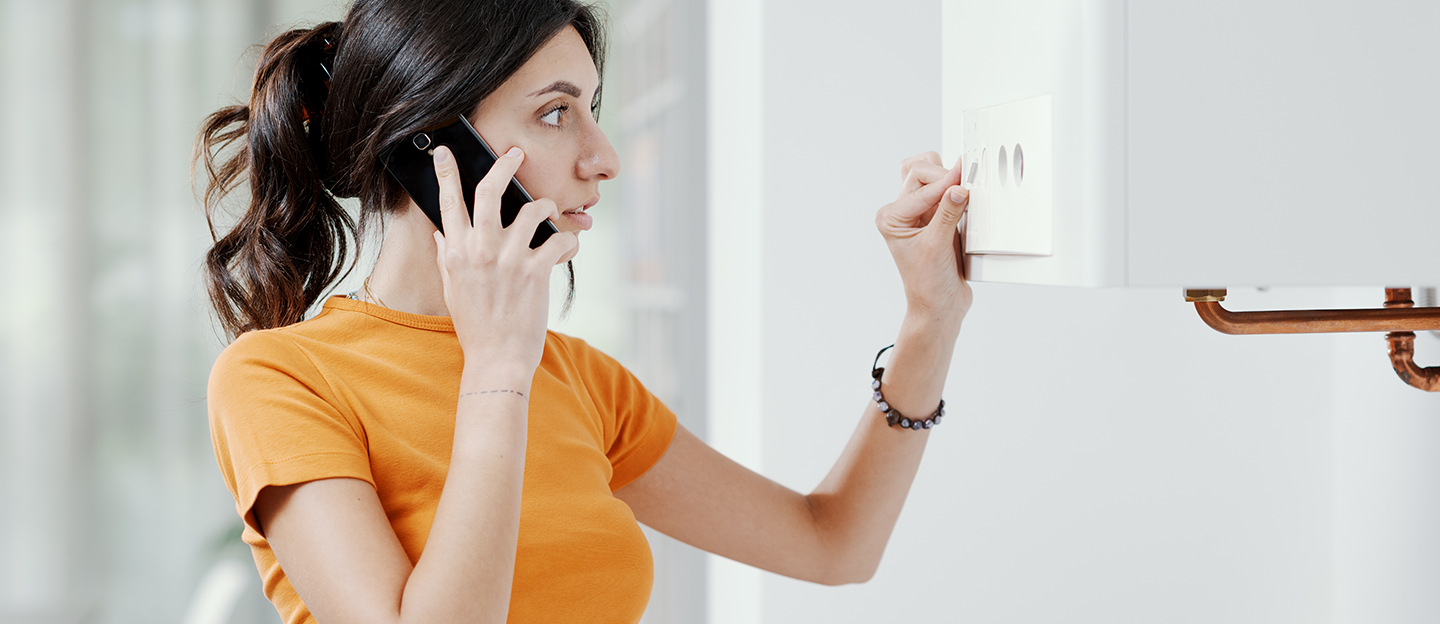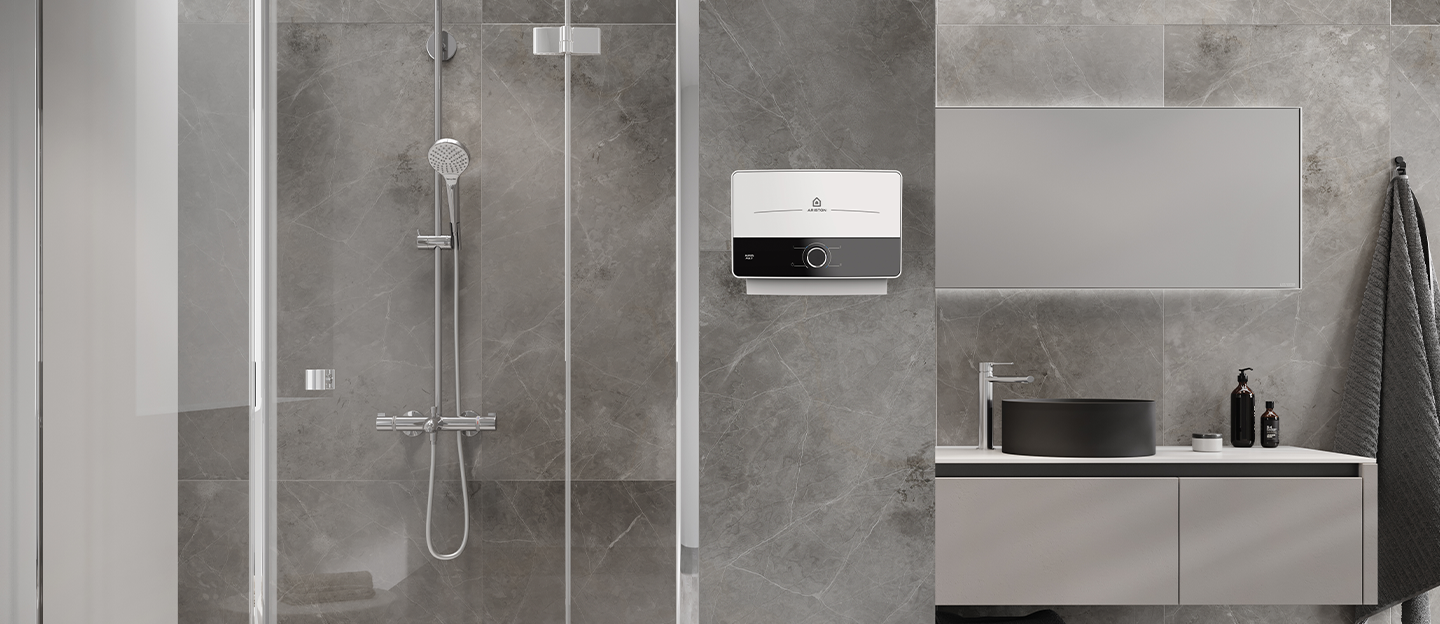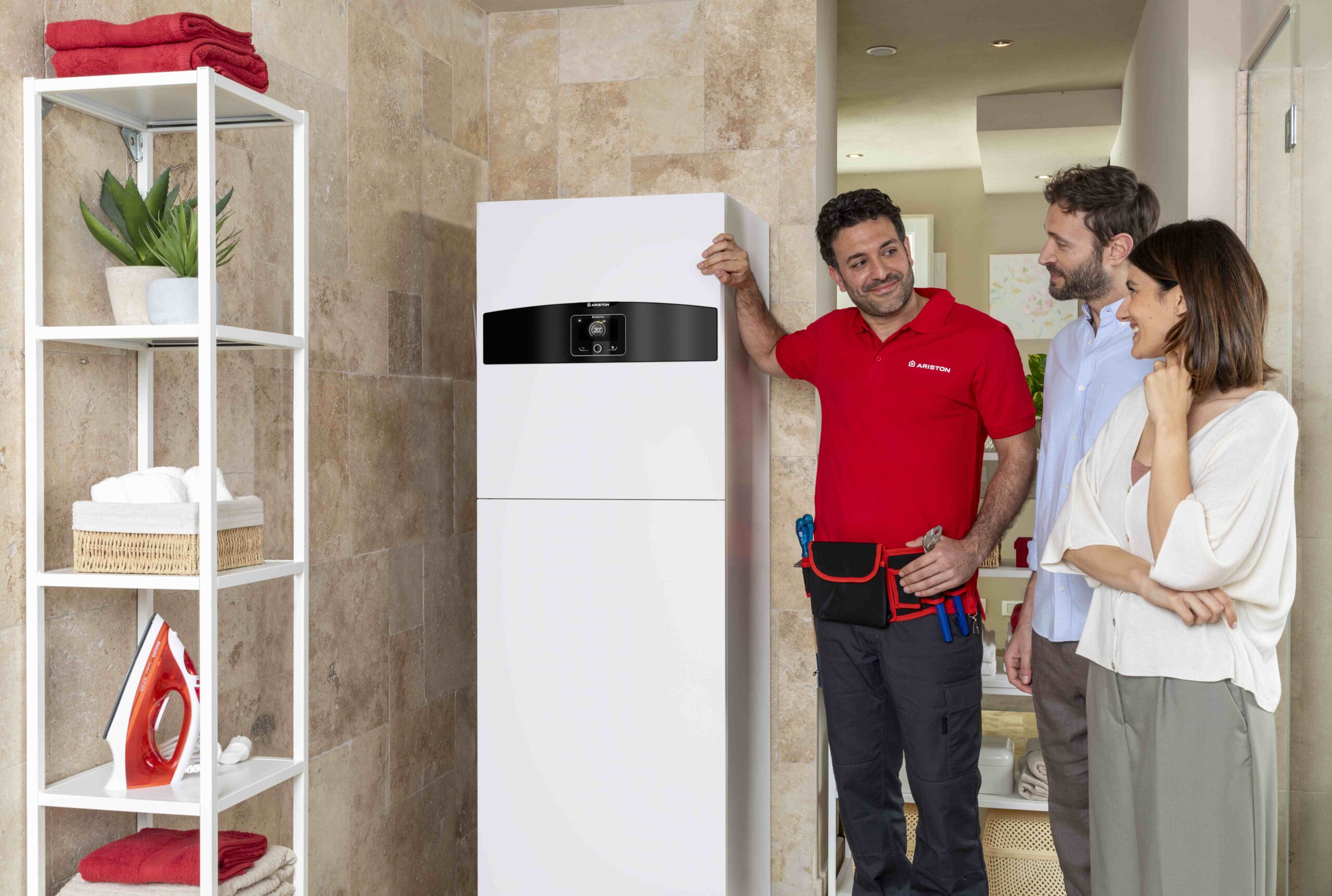Electric Water Heater: How Does It Work?
Electric water heaters are effective and popular solutions for ensuring a steady supply of hot water in homes. This device, available in different versions and sizes, adapts to various housing needs, providing high performance and efficient energy consumption.
An electric water heater works through a relatively simple but highly effective system designed to provide hot water efficiently and safely.
Here is a detailed guide on how it works, its benefits, consumption, and the various models available.
Types of electric water heaters
There are two main types of electric water heaters: storage and instant. Each type has its own specifics and is suitable for different needs.
The storage water heater consumes electricity during the day and night to keep the water at a constant temperature at all times, while the instantaneous water heater operates at full power only at the time of its use.
How the electric water heater works: components and operating mechanism
Before we look at how the electric water heater works, let's look at its main components:
- Electrical resistance: an electrical resistance immersed in the water heats up due to the passage of current. This releases heat into the surrounding water, effectively heating it through the Joule effect.
- Thermostat: the thermostat monitors the temperature of the water in the tank, turning off the heating element when the water reaches the desired temperature and turning it back on when necessary to keep the temperature constant.
- Safety valve: this component ensures the operational safety of the water heater, intervening to release pressure if it becomes too high inside the tank.
Storage water heaters also have an insulated tank, that stores and keeps water warm, with insulation minimizing heat loss to ensure the water stays hot longer without excessive energy consumption.
Now that we are clear about the components and their roles, let's go into more detail with the operation of the water heater.
The water heater is connected via a hose to a cold water tap, where water is heated to the desired temperature using a copper electrical resistance. This resistance, thanks to the so-called “joule effect,” releases heat into the water.
Through an outlet hose, the hot water reaches the plumbing pipes in the house.
The water heater also has a thermostat, which turns it off as soon as it has reached the ideal water temperature and turns it back on, as soon as it falls below a minimum temperature. To optimize the performance of the water heater and maintain consumption, it is advisable to set the maximum temperature around 60°.
Then there is always a safety valve that intervenes if the water pressure increases dangerously.
Once we have clarified how an electric water heater is composed and how it works, we can evaluate which model is best suited to our needs.
Operation and pros and cons of storage water heater
- Advantages: it can supply hot water to several points of use simultaneously (e.g. shower and sink). It also works well with non-constant water pressure..
- Disadvantages: bulky size; continuous energy consumption to maintain hot water.
The water heater is bulky in size, so the space in the house to install it should also be evaluated.
Because of the tank with which they are equipped, storage water heaters are generally bulkier than instant water heaters. However, Ariston offers models with an ergonomic and elegant design that are perfect for blending harmoniously with the style of your bathroom, such as the Velis range.
Generally, depending on the set temperature, capacity and power of the electric heater, the water heater takes a certain amount of time to bring the water to the desired temperature.
Choosing the right size for the household is important and allows you to limit costs in your electricity bill.
Operation and pros and cons of instant water heater
- Advantages: smaller size and less energy waste.
- Disadvantages: requires high electrical power, may not be suitable for homes with electrical power limitations.
The instant water has a much higher power rating that makes it difficult to use in homes with a regular 3kW meter.
It has no tank and heats water at the moment.
Consumption, especially in winter, is higher because, when the appliance is on, it draws maximum energy to bring the cold water, to the set temperature.
Conclusion: which water heater to choose?
Choosing the right electric water heater depends on multiple factors, including the specific needs of the family and the characteristics of the home.
Ariston offers a wide range of electric water heaters that combine advanced technology, energy efficiency, and reliability, ensuring both comfort and convenience.






